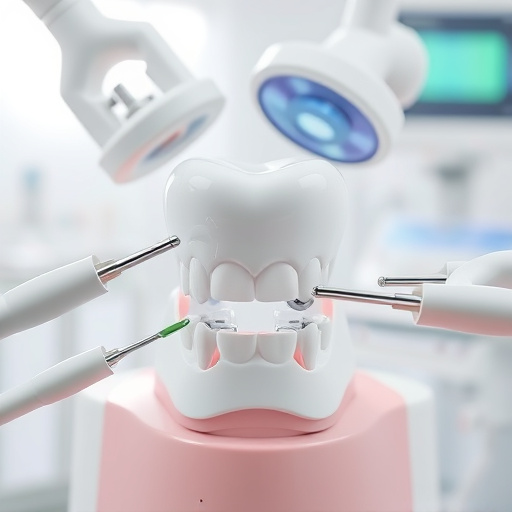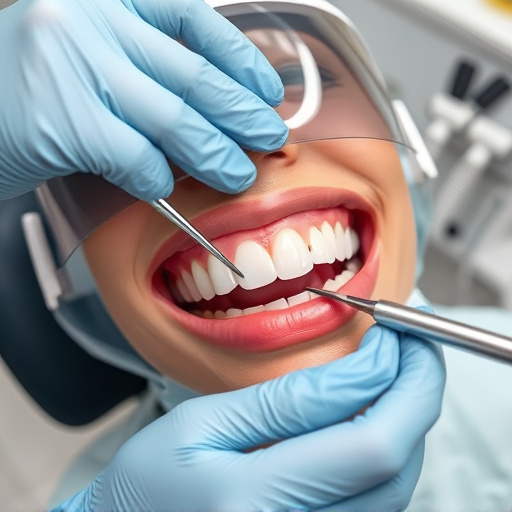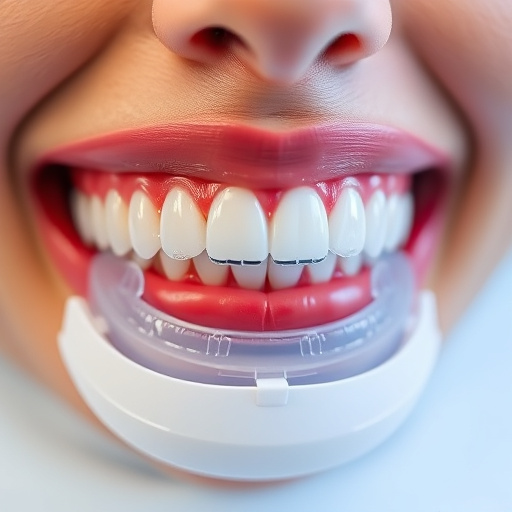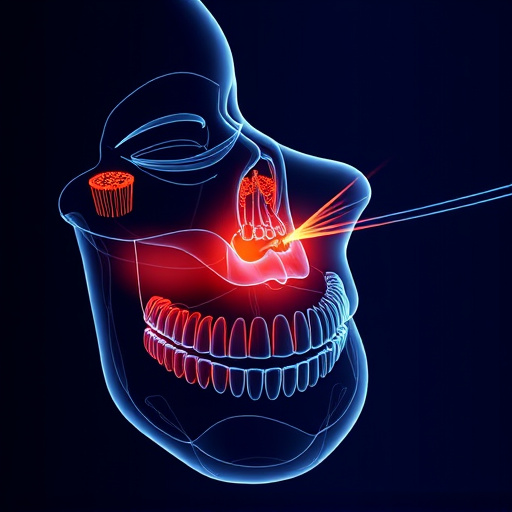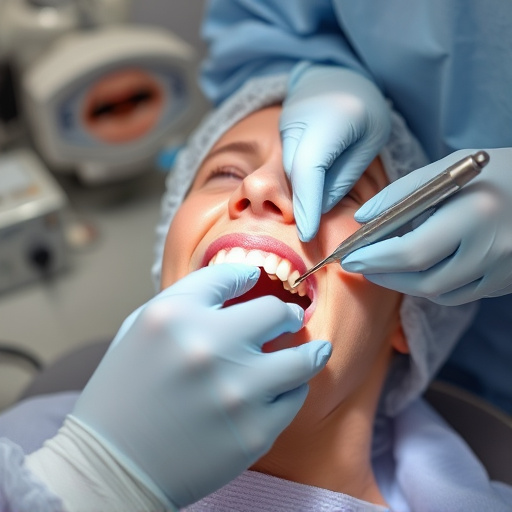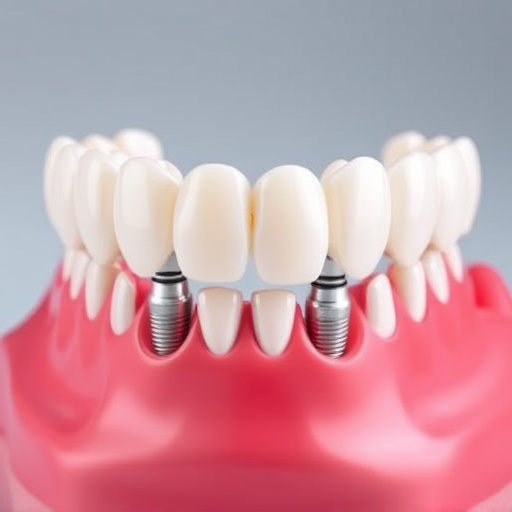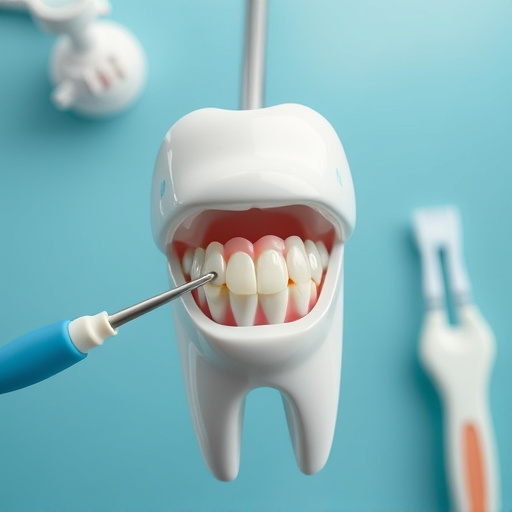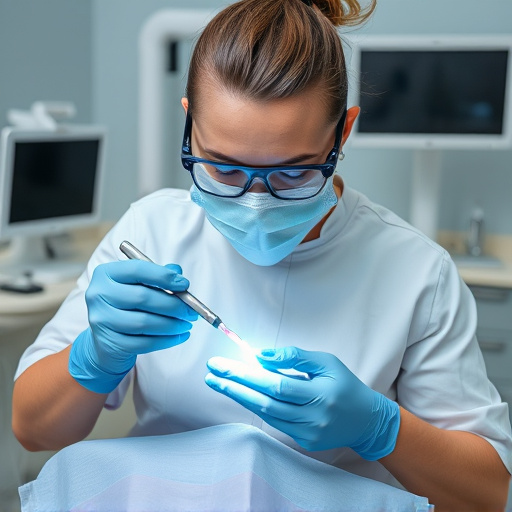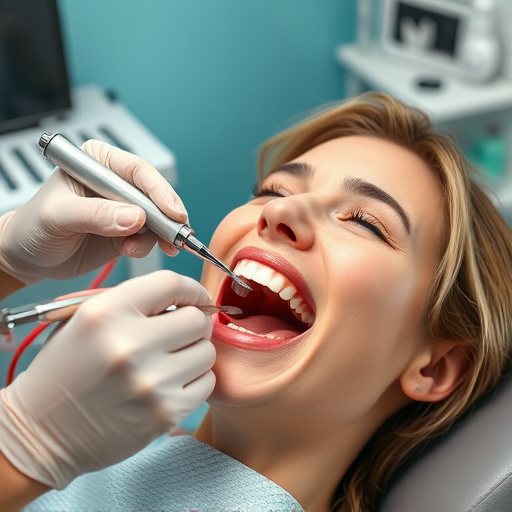Antibiotic therapy treatment is a vital strategy against bacterial infections, with antibiotics targeting and eliminating harmful bacteria while aiming to prevent resistance. In dentistry, preventive measures like regular cleanings and tooth repairs under antibiotic coverage reduce infection risks and strengthen the immune response. Accurate diagnosis, focusing on understanding specific pathogens' unique characteristics, is crucial for effective treatment. General dentistry practices play a key role in identifying systemic infections from oral health issues, ensuring targeted therapy while mitigating antimicrobial resistance. Enhancing diagnostic accuracy through routine oral exams, advanced tools, knowledge of oral-systemic connections, and patient history evaluations significantly improves treatment outcomes, reduces inappropriate antibiotic use, promotes adherence, and minimizes resistance, ultimately benefiting patients and public health.
Effective antibiotic therapy treatment hinges on accurate diagnosis. In a world where antimicrobial resistance is on the rise, understanding the role of antibiotics and ensuring precise identification of infections is paramount. This article delves into the critical interplay between these factors, exploring strategies to enhance diagnostic accuracy. By optimizing these approaches, healthcare providers can improve antibiotic therapy outcomes and mitigate the challenges posed by drug-resistant pathogens.
- Understanding Antibiotic Therapy: Its Role in Treating Infections
- The Importance of Accurate Diagnosis for Effective Antibiotic Treatment
- Strategies to Enhance Diagnostic Accuracy for Better Antibiotic Therapy Outcomes
Understanding Antibiotic Therapy: Its Role in Treating Infections
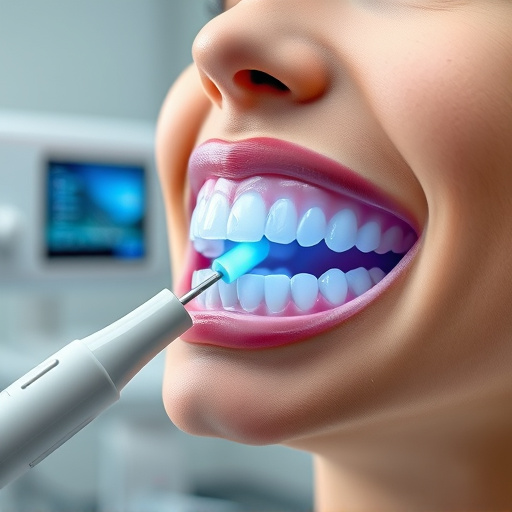
Antibiotic therapy treatment plays a pivotal role in combating bacterial infections, which can range from minor to life-threatening. It involves the strategic use of antibiotics, powerful substances that target and eliminate harmful bacteria within the body. This therapeutic approach is essential for effectively treating conditions like pneumonia, urinary tract infections, and skin infections, among many others. The goal is not merely to kill the bacteria but also to prevent resistance and promote overall health.
In the context of oral health, understanding antibiotic therapy treatment extends beyond general knowledge. Preventive dentistry, which includes regular dental cleanings, is a cornerstone in maintaining oral well-being. Tooth repair and other dental procedures may also benefit from antibiotic coverage to mitigate infection risks during and after treatments. By integrating these practices, individuals can enhance their overall immune response, reducing the likelihood of severe infections that might require antibiotic therapy.
The Importance of Accurate Diagnosis for Effective Antibiotic Treatment
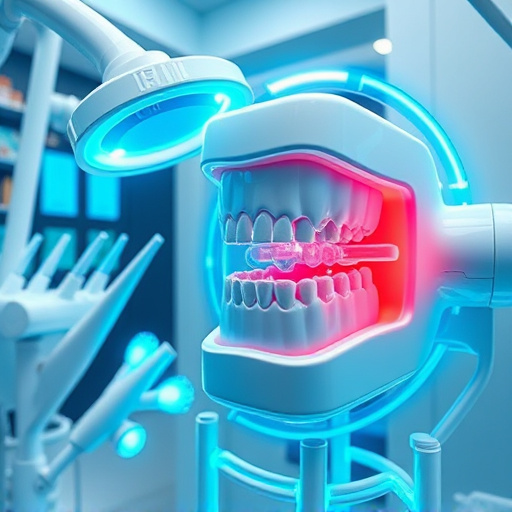
Accurate diagnosis is the cornerstone of effective antibiotic therapy treatment. In the pursuit of treating infections, understanding the specific pathogen and its unique characteristics is paramount. Misdiagnosis can lead to inappropriate antibiotic selection, fostering the emergence of antimicrobial resistance—a growing global health concern. Each bacterium has distinct traits, including its genetic makeup, metabolic processes, and susceptibility patterns to different drug classes.
A general dentistry practice, while primarily focusing on oral health, often plays a vital role in identifying potential systemic infections. Conditions such as dental caries or periodontitis can serve as entry points for bacteria, which may subsequently spread to other parts of the body. Therefore, proper diagnosis extends beyond the oral cavity, considering the patient’s overall health and the potential impact of local infections on general well-being. This comprehensive approach ensures that antibiotic therapy targets specific pathogens effectively while minimizing the risks associated with unnecessary medication.
Strategies to Enhance Diagnostic Accuracy for Better Antibiotic Therapy Outcomes
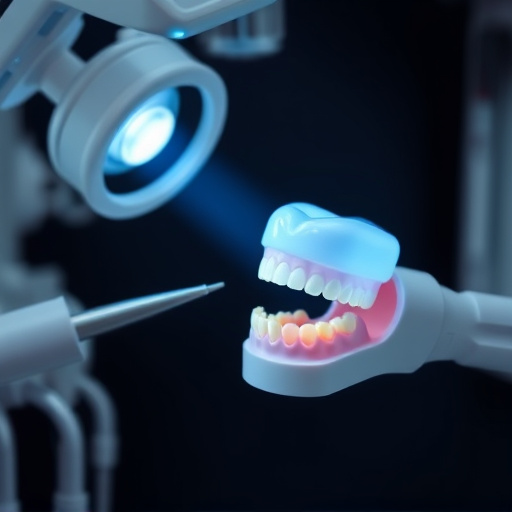
Enhancing diagnostic accuracy is a cornerstone for effective antibiotic therapy treatment. General dentistry plays a crucial role in this process, as routine oral exams can often reveal signs of systemic infections or chronic conditions that may require antibiotics. Comprehensive dental care, which includes not just treating tooth problems but also addressing overall oral health, ensures that patients receive tailored antibiotic prescriptions based on precise diagnoses.
By integrating advanced diagnostic tools and staying updated with the latest research in oral-systemic health connections, dentists can significantly improve antibiotic therapy outcomes. This involves thoroughly evaluating patient histories, utilizing modern imaging technologies, and considering environmental factors that might contribute to infections. Such strategic approaches not only mitigate the risk of inappropriate or excessive antibiotic use but also foster better treatment adherence and reduced resistance to antibiotics.
Accurate diagnosis is paramount in effective antibiotic therapy treatment. By understanding the role of antibiotics and their importance in treating infections, healthcare providers can employ strategies to enhance diagnostic accuracy. These include utilizing advanced diagnostic tools, improving patient communication, and integrating data from various sources. Through these means, we can ensure that patients receive tailored, efficient antibiotic therapy, ultimately leading to better treatment outcomes and minimizing the risk of antibiotic resistance.

